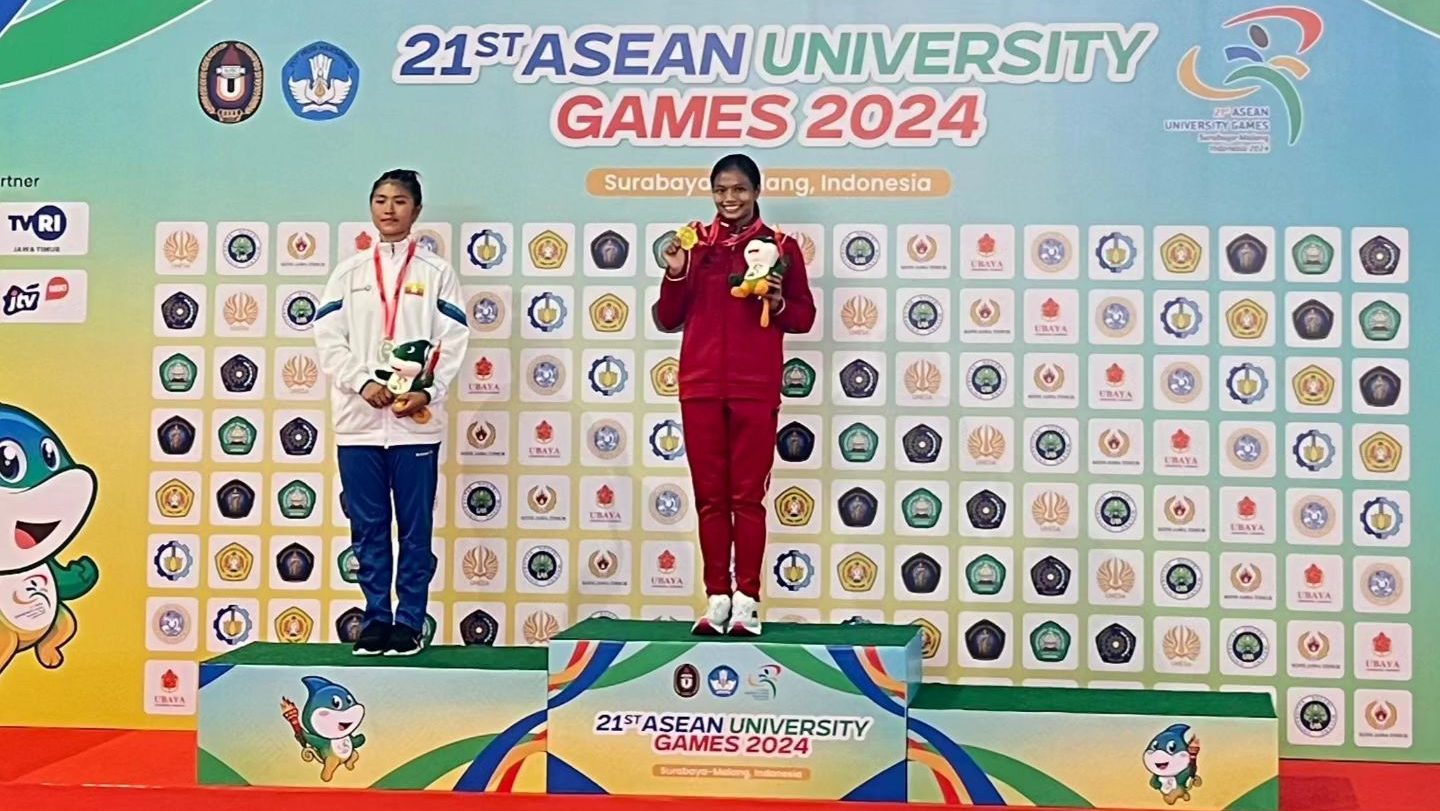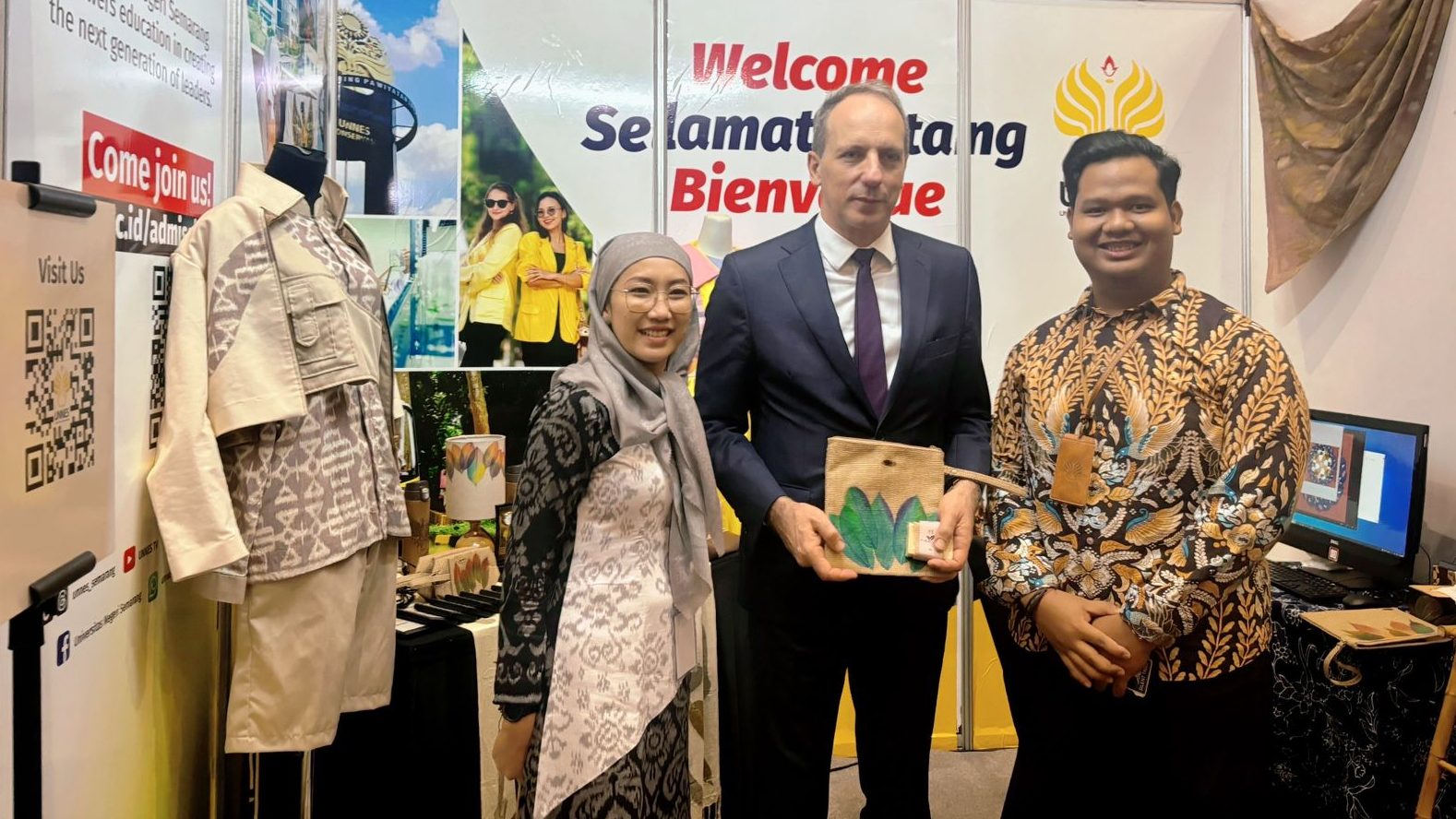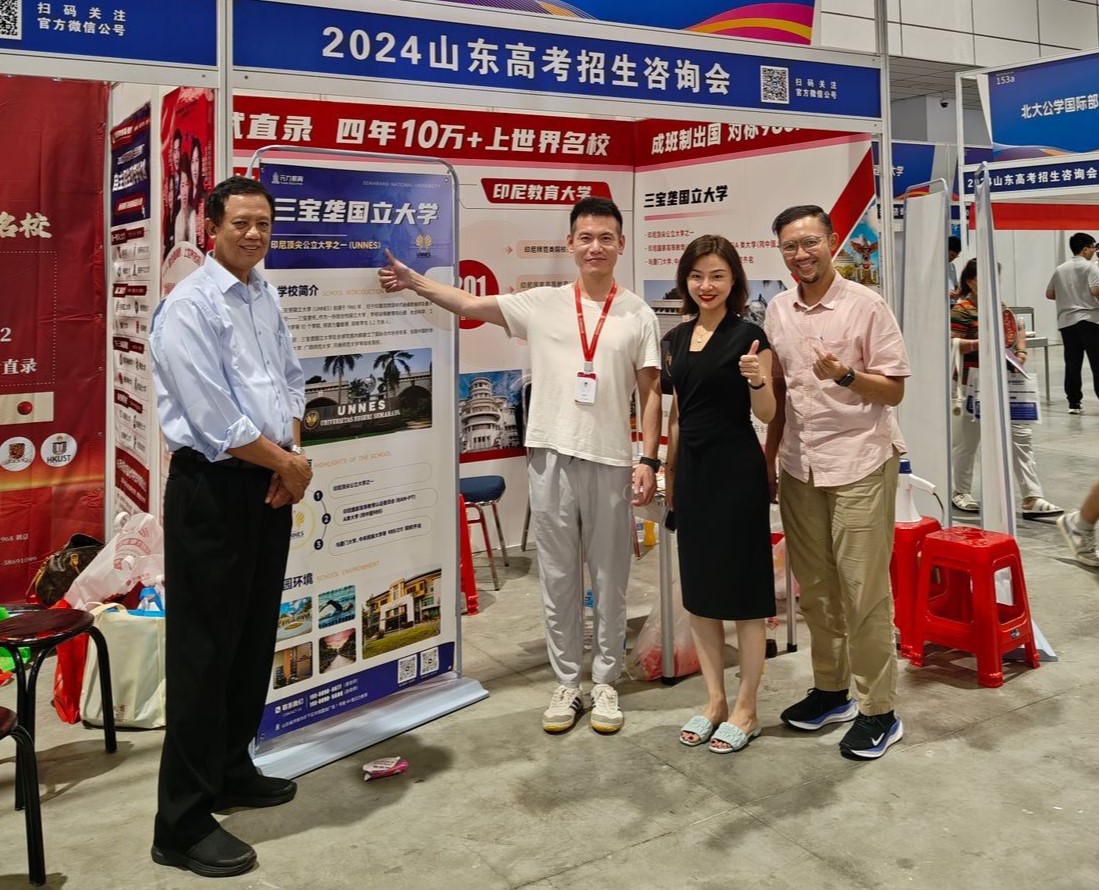The slogan “Excellent Human Resources for Advanced Indonesia” has a strong logic of causality. Both historically and conceptually, the superiority of human resources is the dominant condition that enables the progress of a community. Such relationships can occur in small communities such as family, village, as well as nation and state.
According to the conclusion above, the progress of higher education is very dependent on the advantages of its human potential. There is no advanced university without qualified human resources.
Therefore, it is very important for university citizens to know the criteria for excellence in human resources in accordance with the realities of the times. Because times are constantly changing, the criteria for superior HR have shifted. Even in some cases, the criteria have not only shifted, but have changed completely.
Alvin Toffler’s opinion in Power Shift (1990) illustrates a shift in the times followed by a shift in the criteria for superior humans. According to him, there are three major periods of change in superior humans. In the first period of human civilization, superior humans were identified by physical strength. Because of that, the leader of the group was almost always the strongest in body condition.
When humans entered the agriculture era, foedalism, and then industry, superior resources were identified by their access to the means of production. In this period, land-owners and factories became superior human resources in a true sense.
The criterion was shifted again when civilization entered the information age. In this era, strong people are those who have access to data. This is what makes this world no longer controlled by traditional industrialists, but by data-based technology companies.
This hypothesis is proven today. Companies like Google not only control our access to knowledge, but also shape our worldview. Facebook not only shapes user interaction patterns, but also shapes the values of the users. Companies like Amazon shape our tastes.
Big Shift
The changing times make the norms in every community change. That also happens in college. The criteria for “superior human resources” which are idealized by universities have undergone a major shift. This condition has implications for the birth of new criteria that must be met by the higher education community.
Then what are the new criteria that deserve to be followed?
The Ministry of Research, Technology & Higher Education (Kemristekdikti) team once formulated the 4C formula as a formula for superior HR in the era of Industrial Revolution 4.0. This formula contains four things that should be possessed by higher education societies, namely spiritual thinking, creativity, communication, and collaboration.
Meanwhile, the Dale Carnegie Institute formulated the concept of 5 essential people skills. According to this institution that focuses on human resource development, there are five basic skills that individuals must possess to face the challenges ahead. The five are: positive relationships, curiosity, communication, ambition, and problem solving.
Apart from these two criteria, of course there are a number of other versions that have been formulated by experts. Big data expert, Bernard Marr (2019), for example, formulates 10 criteria for future proficiency which intersect with the two concepts above. The ten criteria are creativity, emotional intelligence, analytical skills, passion for learning, making decisions, interpersonal communication, cultural sensitivity, technology usage, and the ability to anticipate change.
A similar concept has also been created by the World Economic Forum. The institution determines 10 future skills that can make a person adaptive to future conditions. The ten criteria also coincide with the previous formula. What is unique in the formulation of the WEF is that “the ability to solve complex problems” is in the first place.
Self-Learners
Given the role of higher education institutions as educational institutions and as a catalyst for progress, the criteria above are not really new to the higher education community. In fact, all these criteria have become the basis for implementing the Three Pillars (Tri Dharma) of Higher Education.
However, these criteria need to be reinterpreted to make it more contextual and operational. Reinterpretation must be carried out so that these formulations can be realized in institutionalized social practices within individuals and institutions.
That’s why, in 2016 I synthesized the concept in the concept of growth leadership. In that formula I made five stages according to the social responsibility of the individual concerned.
In the early stages, the main skill a person must have is to recognize one’s potential. Every human being has unique potential. Even that potential may experience dynamics because it is inherent in human nature whose mind and spirit are dynamic. Our initial task is to understand these potentials and find out which potentials are most worthy of actualization.
In the second stage, our job is to develop this potential. Financial, social, and intellectual resources need to be devoted so that the “shoots” can grow optimally. At this stage, the willingness and ability to learn from the environment are crucial.
Stage three, that growth must be accelerated by building scientific networks. Human evolutionary design is a social being. Therefore, the potential for human humanity can only grow optimally if there is communication and collaboration with other humans. The ability to connect positively, be friendly, and negotiate will thrive at this stage.
After that, each individual must also optimize the challenges around him. Whether we realize it or not, humans are always faced with various difficulties. It happens because humans have limited control over the surrounding situation.
Difficulties and challenges should not be viewed as obstacles, but as opportunities to transform for the better. The more challenges you solve, the better the individual or community will be from day to day. Even unexpected abilities can emerge that allow that person or community to exceed expectations.
In the final stage, each process in building human resource excellence must be oriented towards environmental benefits in a sustainable manner. Therefore, one of the important habitus of higher education society is the birth of new, superior shoots. We have to make sure that our students are far superior to us. We have to make sure they have a social role that is bigger than our role today.
May God Almighty be pleased with us all. UNNES, worldwide for Indonesia.



